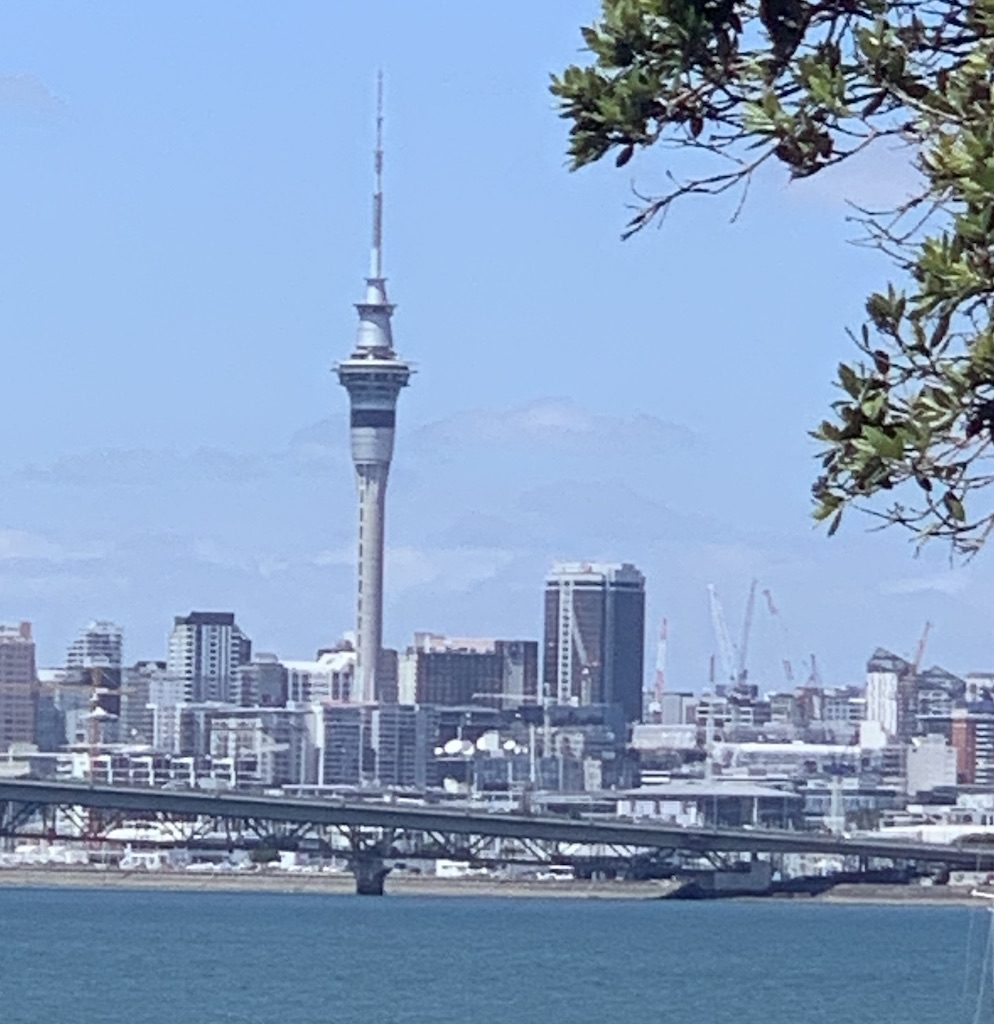Last night I wrote about how To Kill a Mockingbird by Harper Lee had shaped and influenced my life.
Tonight, I want to highlight another influential woman, someone I consider to be an ambassador for women and equity. A woman who is articulate, strong and intelligent. A kiwi leader whose reputation here in New Zealand, and on the world stage, is second to none. Most importantly, she is in the top five of my list of outstanding female influencers, my hero, and a great role model for all women. Oh what I would give to work with her. (note to self, add to list of things to do…)
Who is this super hero you ask?
This high achieving and hard working woman is Helen Clark, former (and I believe best) Prime Minister of New Zealand and current leader of the United Nations Development Programme.
Today I read her speech to the ECOSOC Youth Forum. As I read it, I was reminded of her passion for championing for equality and success for all. In her speech she reminded conference attendees that it is in the interests of everyone that the world we live in be one of peace, equity and sustainability, and that by tapping into the potential of our youth, we had a means for achieving this.
As I read her words, I was particularly struck by the statistic that around ninety percent of the worlds youth lived in developing countries. She went on to highlight the challenges facing the majority of these young people, such as high youth unemployment, lack of affordable education and that many lived in ‘fragile and conflict-affected’ countries.
It left me wondering.
What will happen to our word if such a huge proportion of our worlds future potential is left unrealised and marginalised? What opportunities might be lost, and what kind of future conflicts could be avoided if these young people and their collective potential is harnessed and grown? How might we do this and what role do we all have to play to make sure these young people get to be all they should be?
Imagine for a moment if just one of those young people belonged to you, if they were your child. Would it be acceptable to let them miss opportunities and be sidelined? What if we all took ownership of these young people and understood that their success is our success?
One of the most salient points Helen made in her speech was when she reminded the audience about the old saying, “no decisions about us without us.” Her point being, that young people are creative, imaginative and excellent problem solvers and problem creators – we just need to ask them, to give them a voice. That actually, the answer to our success in the future is staring us in the face. It is our youth. They are our worlds greatest assets.
After I finished reading her speech, I was left feeling a little despondent. Her speech reminded me of why I hold her in such high esteem and why I thought she was the Prime Minister our country had been blessed with. We thrived as educators under her leadership because education was not seen as a threat but an opportunity. Our children and young people were valued and they were looked after.
Still, there is hope.
If each of us were to understand what Helen was saying that our children and young people are our greatest asset, then, there is hope.

